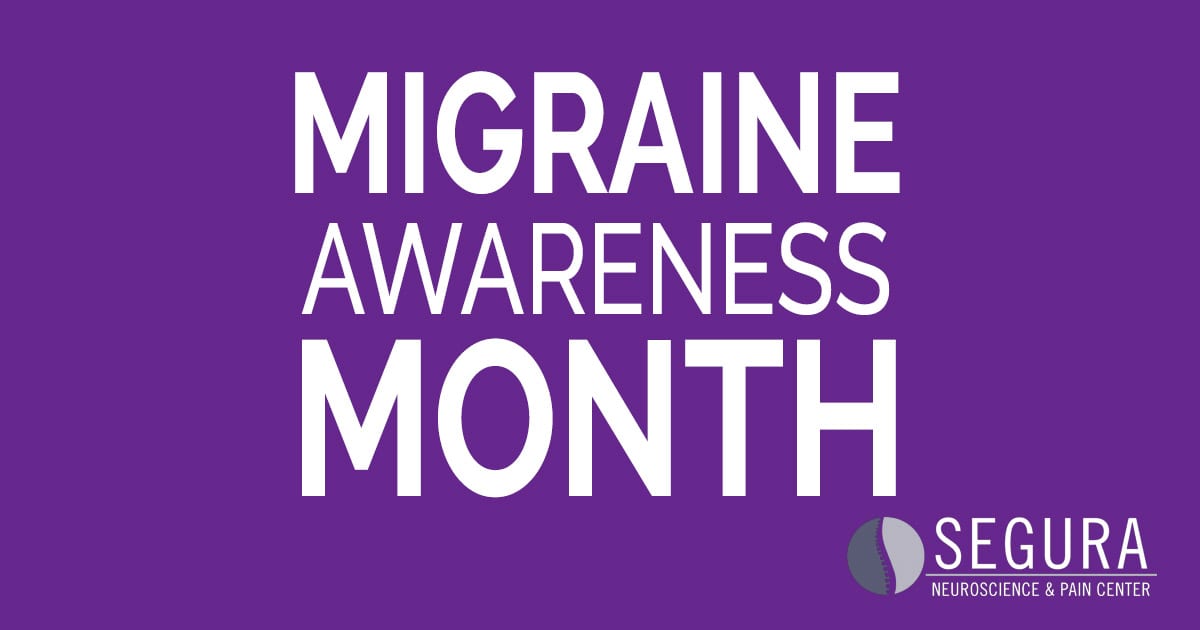
The Difference Between a Headache and a Chronic Migraine
Everyone experiences headaches from time to time. Maybe you’ve been dealing with some stress or anxiety, which triggers what is known as a tension headache. They can be very painful, but it’s usually a mild, dull ache that goes away within a relatively short time.
The occasional headache differs from chronic migraine pain in several ways. While pain in the head can be a sign of a migraine, unlike a regular headache, the pain is usually throbbing and intense and often only felt on one side of the head. It can also be accompanied by other symptoms, such as nausea, dizziness, flashing lights or sensitivity to light or sound.
Many things can trigger a migraine attack, including reactions to food, scents, seasonal changes or changes in lifestyle, such as lack of sleep or changes in eating habits.
What are the Treatment Options
As we’ve discussed in previous posts, there’s no cure for chronic migraine, but that doesn’t mean that you just have to suffer with them.
Changes in your life can help you avoid attacks: Reduce or avoid stress when possible, get more sleep and drink plenty of water to stay hydrated. All of those steps can help keep the pain at bay or manageable with over-the-counter medicines.
When lifestyle changes are not enough, one of our pain specialists can help with treatment options to help you regain control of your life. They may include:
New Technological Breakthroughs
Medications
While not a cure, pain medications can lessen the severity of a single attack while we work through a treatment plan to reduce the frequency of migraines.
Botox Injections
It’s not just for Hollywood stars. When strategically injected, Botox can keep the muscles that cause migraine pain from contracting. Patients who suffer migraines more than 15 days per month may see the most benefit from a Botox treatment plan. Learn more about Botox Injections for Migraines
Sphenopalatine Ganglion Block
A numbing agent applied to a group of nerves in the face blocks pain signals to the brain. For some patients, this can provide up to 4-6 weeks of relief. Learn more about Sphenopalatine Ganglion Blocks
Spinal Cord Stimulator
When other options fail, we may recommend an implant which sends electrical pulses to the nerves to relieve migraine pain. Learn more about Spinal Cord Stimulators
Migraine Awareness Month is the Time to Get Help
This website is not intended to provide specific medical advice, medical diagnosis, opinion, treatment or services to you or to any other individual. Through this website and links to other websites, Segura Neuroscience & Pain Center provides general information for educational purposes only. The information provided in this site is not a substitute for medical or professional care. You should not use this information in place of the advice of your physician or other healthcare provider. Segura Neuroscience & Pain Center is not liable or responsible for any advice, course of treatment, diagnosis or any other information, services or product you obtain through this website.
